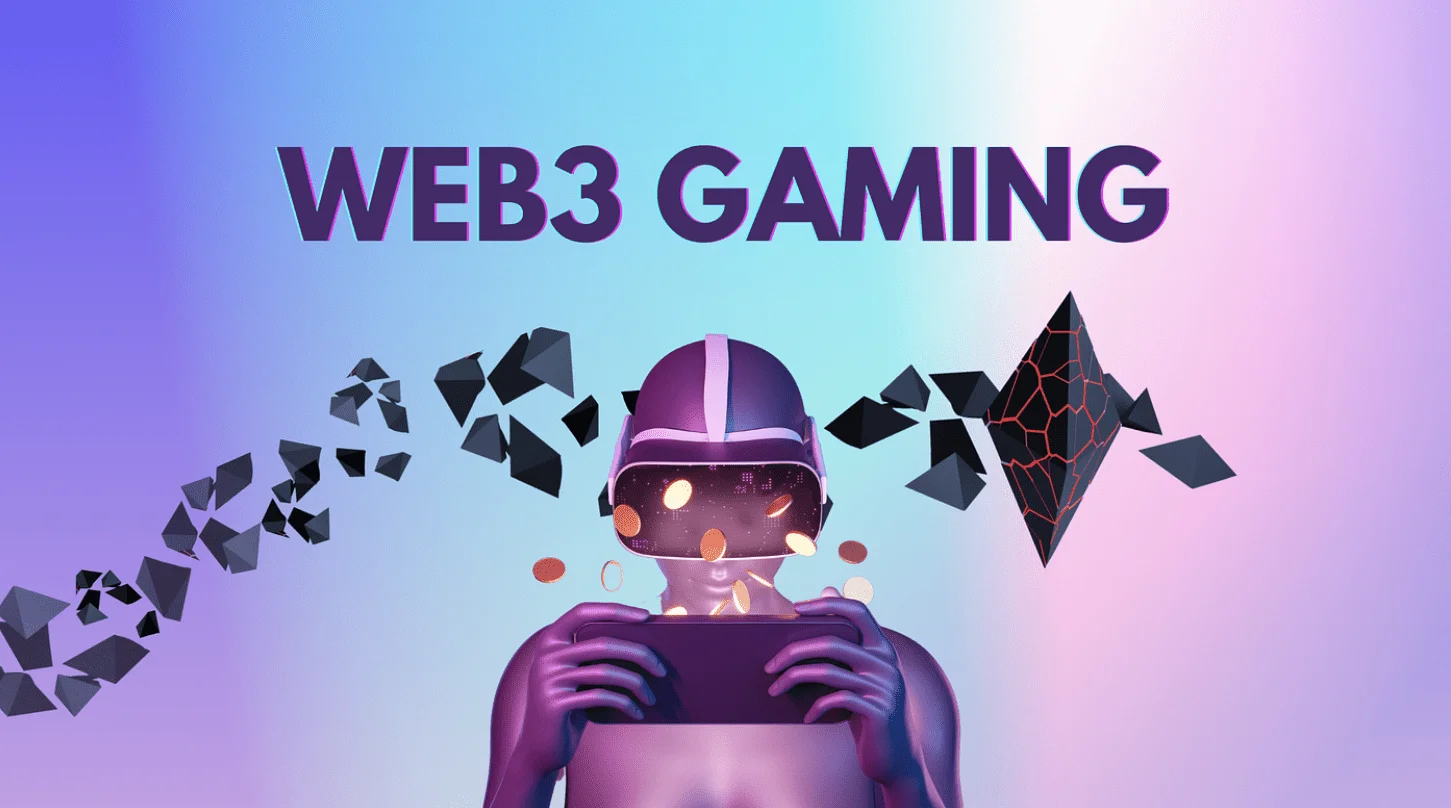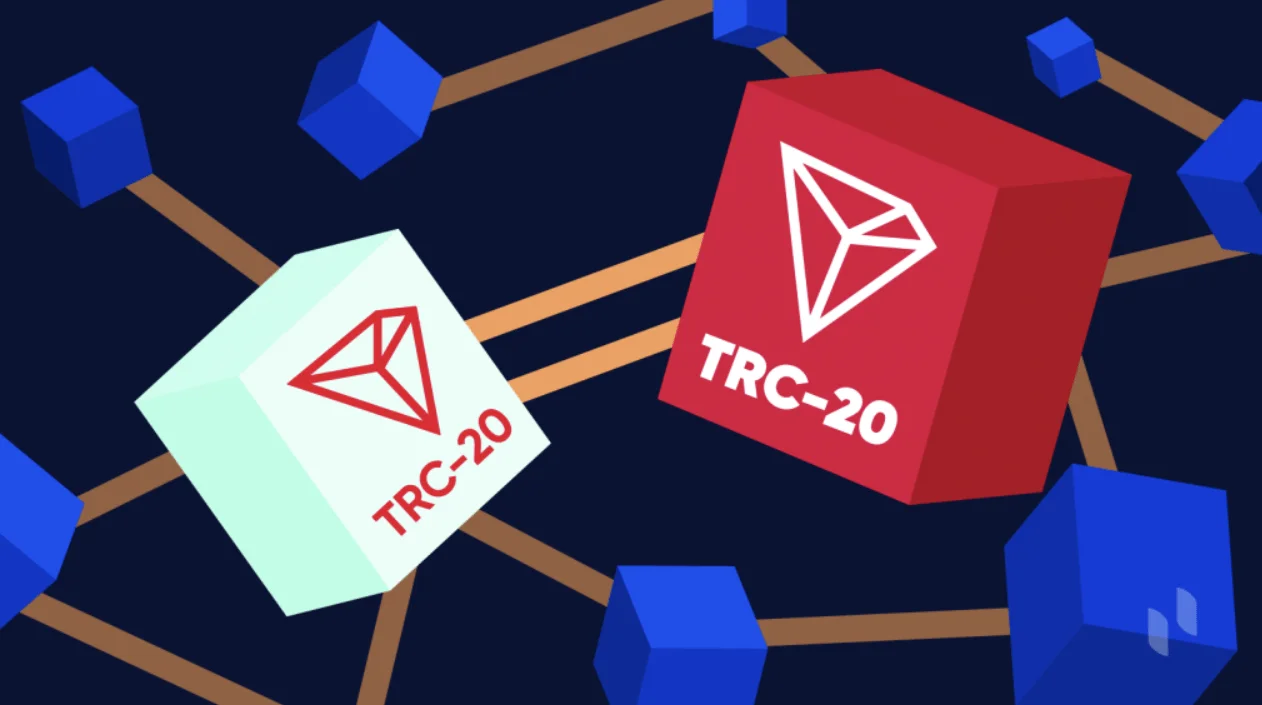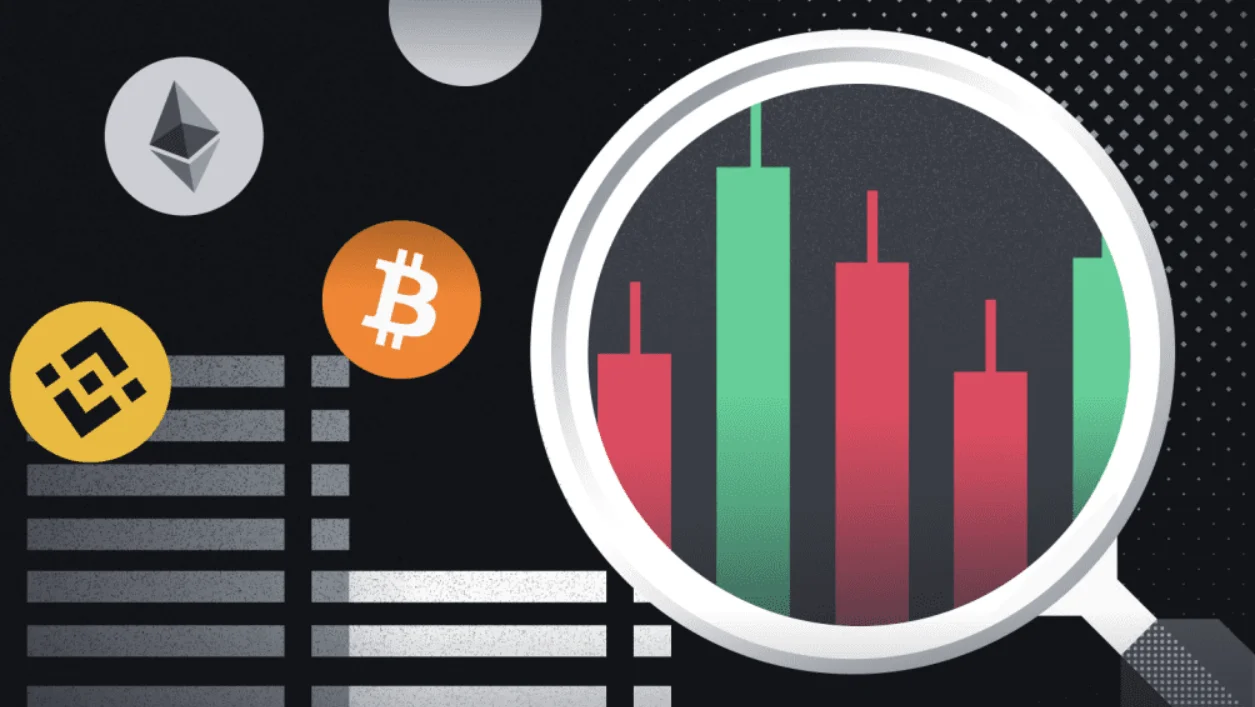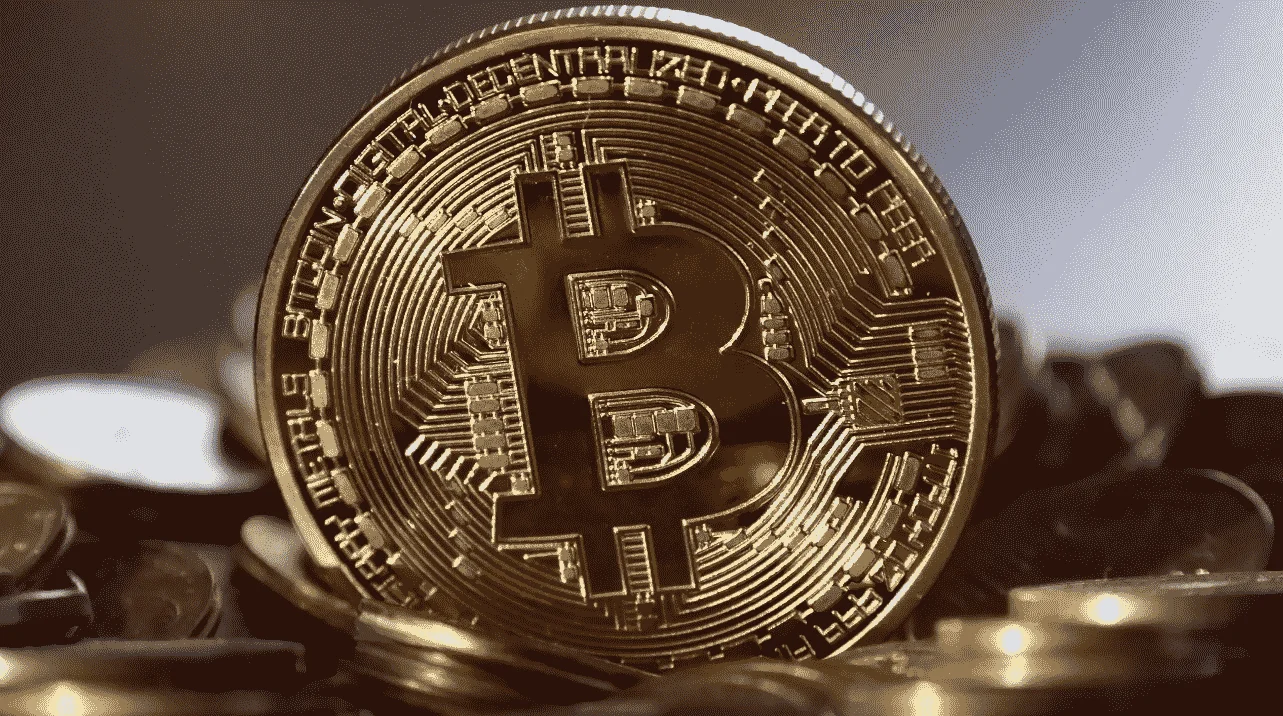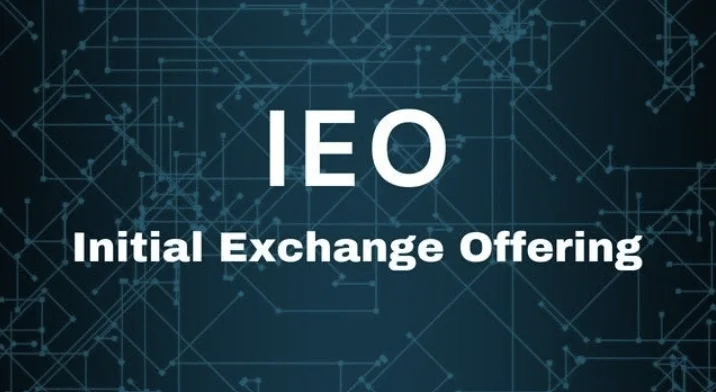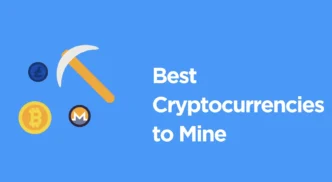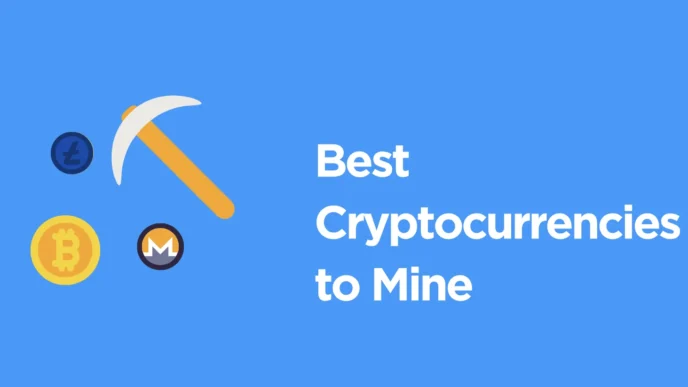What is Web3 Games?
Web3 games are the next generation of gaming experiences built on decentralized blockchain platforms. These games leverage blockchain technology to provide transparency, security, and increased user control over in-game assets.
Players can own, trade, and interact with digital assets like cryptocurrencies and NFTs within these games. Web3 games often feature play-to-earn (P2E) models, allowing players to earn real-world value for their in-game achievements.
This innovative approach is transforming traditional gaming by introducing new economic models and enhancing player ownership and participation.
How Web3 Games Work
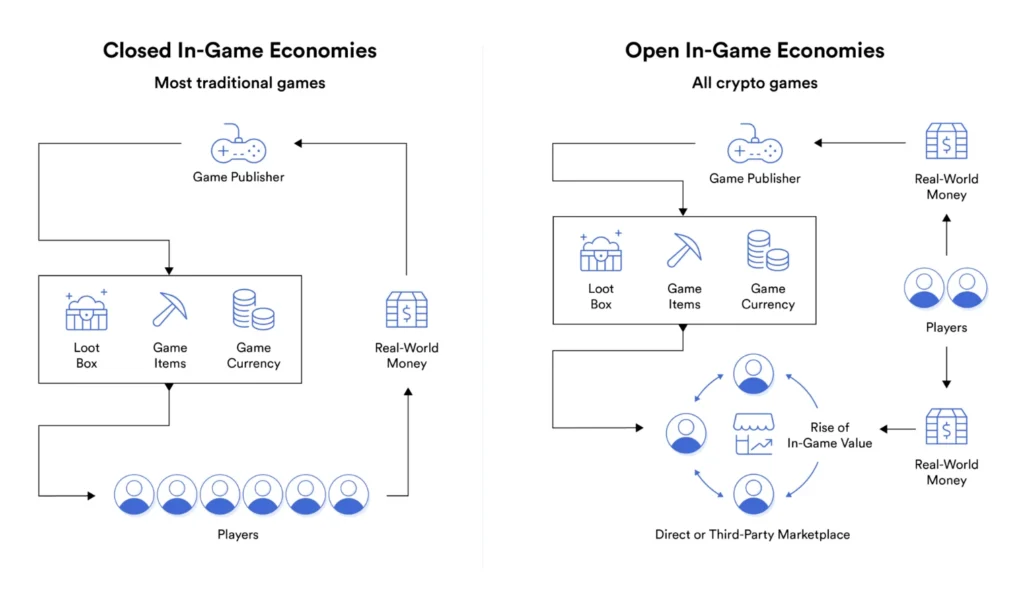
Web3 games operate on decentralized networks, ensuring that players have full ownership and control over their in-game assets. This contrasts with traditional games, where the game developers typically control assets.
Blockchain technology, through its immutable ledger and smart contracts, guarantees that in-game items and currencies can be securely owned and traded without third-party intervention.
Key Features of Web3 Gaming
- Decentralized Ownership: Players have true ownership of in-game assets, which are stored on the blockchain. This means assets can be traded, sold, or used across different games and platforms.
- Play-to-Earn Models: Web3 games often include mechanisms that allow players to earn cryptocurrency or other digital assets by participating in the game, thus monetizing their gaming skills and time.
- Enhanced Security: The decentralized nature of blockchain provides robust security, protecting player assets from hacks and fraud.
- Transparency: All transactions and asset ownership are recorded on the blockchain, ensuring transparency and trust among players and developers.
Also read:
What is Market Cap in Crypto: A Comprehensive Guide
What Is a Transaction Hash? Understanding Its Role in Cryptocurrency Transactions
Popular Examples of Web3 Games
1. CryptoKitties
CryptoKitties is one of the earliest and most famous blockchain games where players can collect, breed, and trade unique digital cats. Each CryptoKitty is an NFT, ensuring its uniqueness and ownership.
2. Axie Infinity
Axie Infinity is a play-to-earn game inspired by Pokémon, where players collect, raise, and battle creatures called Axies. Players can trade Axies and other in-game assets, earning real money through their gameplay.
3. The Sandbox
The Sandbox is a virtual world where players can create, build, and monetize their own gaming experiences using blockchain technology. Players can buy virtual land and create their games and experiences.
4. Decentraland
Decentraland is a decentralized virtual world that allows players to create, explore, and trade virtual experiences. Players can buy land and build anything they want, from games to virtual shops.
Types of Web3 Games
Play-to-Earn (P2E) Games
These games allow players to earn cryptocurrency by participating in the game. Earnings can come from completing tasks, winning battles, or selling in-game assets.
NFT-Based Games
Games that utilize NFTs to represent in-game assets, ensuring their uniqueness and ownership. Players can trade these assets on various marketplaces.
Metaverse Games
These games create immersive virtual worlds where players can interact, trade, and build, often combining elements of P2E and NFT-based games.
Decentralized Finance (DeFi) Games
Combining gaming with DeFi, these games allow players to earn returns on their assets through various financial mechanisms like staking and yield farming.
Benefits and Challenges of Web3 Gaming
Benefits
- Player Empowerment: Players have full control over their assets and can monetize their gaming experience.
- Economic Opportunities: Web3 games open new revenue streams for players and developers through the P2E model.
- Interoperability: Assets can be used across different games and platforms, enhancing their utility and value.
- Innovation: The decentralized nature encourages innovation and collaboration among developers and players.
Challenges
- User Adoption: The complexity of blockchain technology can be a barrier for non-tech-savvy players.
- Security Risks: Despite blockchain’s security, Web3 games are not immune to hacks and scams.
- Regulatory Uncertainty: The legal landscape for Web3 games is still evolving, which can create uncertainties around compliance and taxation.
- Focus on Fun: Web3 games must balance financial incentives with engaging gameplay to attract and retain players.
In conclusion, Web3 games represent a revolutionary shift in the gaming industry, leveraging blockchain technology to create new economic models and enhance player control and ownership. While there are challenges to overcome, the potential for innovation and economic empowerment makes Web3 gaming an exciting development in the world of digital entertainment.
